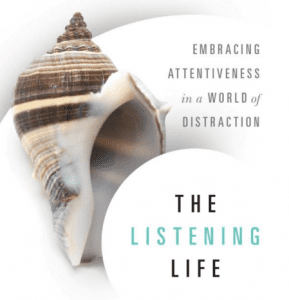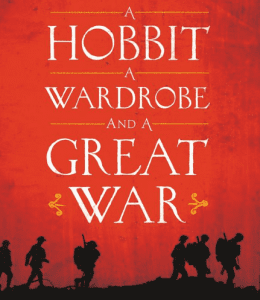 John Frye has written this post.
John Frye has written this post.
Glittering Vices Part 1
We all need help with the seven deadly sins. Rebecca Konyndyk DeYoung (PhD, University of Notre Dame) is Professor of Philosophy at Calvin College. She has written a very readable, riveting, popular book about the seven deadly sins (capital vices) titled Glittering Vices: The Seven Deadly Sins and Their Remedies. Though it’s been around for five years now, I was recently introduced to it. I also met Dr. DeYoung today (2/26/14) after she spoke at chapel at Grand Rapids Theological Seminary.
Having read numerous books on the seven deadly sins, I find Professor DeYoung’s book to be in a category all its own. Pastors, please get a copy and read it, ponder it, and at some point preach on these enticing vices. This is the first of a two part review of Dr. DeYoung’s fine book.
Some of the books I have read on the seven deadly sins seem like shallow, how-to books compared to Glittering Vices. Because of Rebecca’s saturated awareness of the Desert Fathers’ and Mothers’ writings on these capital sins, she writes with an informed biblical and historical depth to which I have never been exposed. For example, I have been conditioned to think “lazy” when I hear or read about sloth (Latin acedia). We tend to think of sloth as lack of industriousness, negligence, or being a “slacker.” DeYoung points out that while these ideas are not foreign to sloth, they are at best superficial understandings of a much deeper, capital sin. No spoiler here; enough said about sloth, except this: when you read Rebecca’s chapter on sloth, be prepared to fall to your knees and repent, even the type A, let’s-get-it-done-now, driven pastors and leaders. Sloth has many expressions.
While Professor DeYoung instructs us with fine, gripping, historically-informed definitions of the principal vices, she does so with a readable prose that also describes our cultural challenges to live liberated from these sins. Using characters from good movies, Rebecca shows us how the glittering vices are not only thriving, but are viewed as beneficial!
In her chapter on the capital sin of Envy, she illustrates it with the film Amadeus, a story about the rivalry between Antonia Salieri and Wolfgang Amadeus Mozart. If we think that envy is simply me wanting something that you have and I am upset you have it and I do not, we tip our hand again to our anemic grasp on this very deadly vice.
Do you know what the seven capital sins, the seven glittering vices are? If we as leaders do not come to grips with these vices that hold us and our people from robust discipleship, then the church will surely have visible stains, wrinkles and blemishes.
Dr. Rebecca DeYoung with literary surgical precision helps us open our hearts to God, helps us some see the stains we carry, and then helps us to begin practicing some ancient, tried and true remedies. Her book is a book at heart about soul care. The remedies are spiritual practices that help Christ to be formed in us, that help us live out the Jesus Creed, the Great Commandment. In part two we will discuss the other glittering vices.











